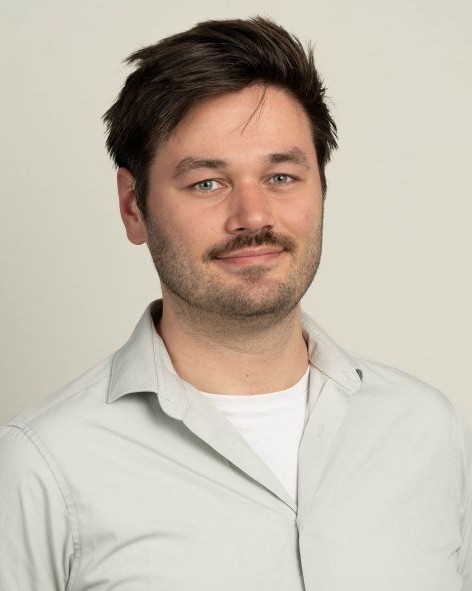
Robin Achterhof is Assistant Professor in the Youth & Family team at Erasmus University Rotterdam. His research examines how everyday social connections shape youth mental health, using ESM to study young people’s daily social interactions, emotions, and well-being in real time. He is also the academic lead of the Rotterdam ESM Group.
Robin contributes to projects focusing on communication between adolescents and trusted adults, parenting pressure, empathy in care settings, and the daily links between financial scarcity and mental health.
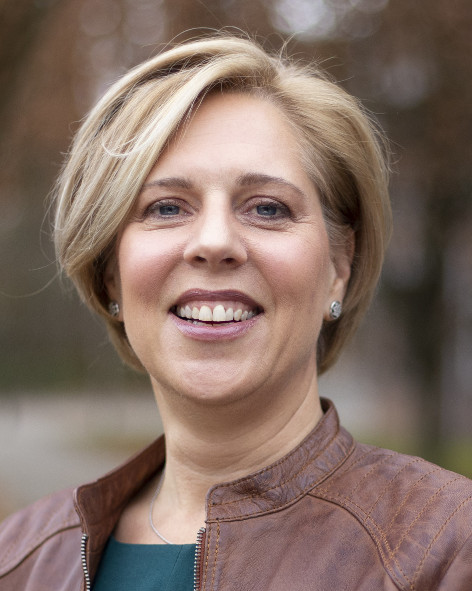
Nele Jacobs is Professor of Lifespan Psychology at the Open University. She is also a professor at the department of Psychiatry & Neuropsychology, Maastricht University. Nele has over 20 years of experience with ESM research, mainly in healthy populations. She was (partly) responsible for large-scale ESM twins studies, in collaboration with the East Flemish twinregister. She studies affect, stress reactivity, gratitude in social interactions, as well as snacking behavior and alcohol consumption in daily life. Much of her recent research focuses on studying and stimulating positive mental health throughout the life cycle, with an emphasis on well-being in everyday life.
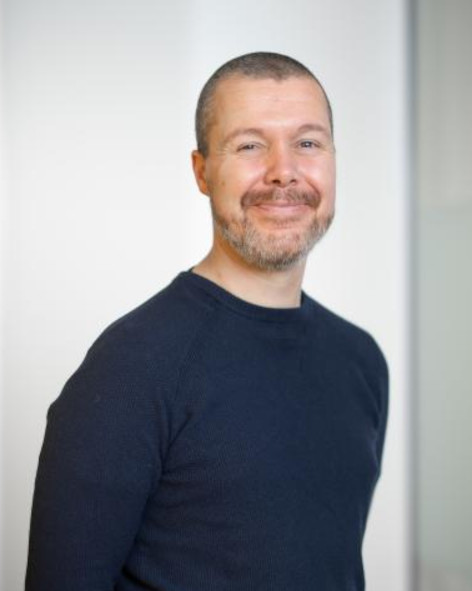
Dr. Joran Jongerling is Assistant Professor at the department of Methodology & Statistics at Tilburg University. He received his PhD in 2016 from Utrecht University, where he studied methods to model inter-individual differences in intra-individual variability. His current research is on (1) measurement (invariance) in Intensive Longitudinal Analysis, (2) non-linear relations in Intensive Longitudinal Data, and (3) methodological and analytical innovations for Intensive Longitudinal Data. In his research, he focuses on Bayesian Statistics, Hierarchical Modeling, Dynamic Factor Models, Gaussian Processes, and (Vector) Autoregressive Models.
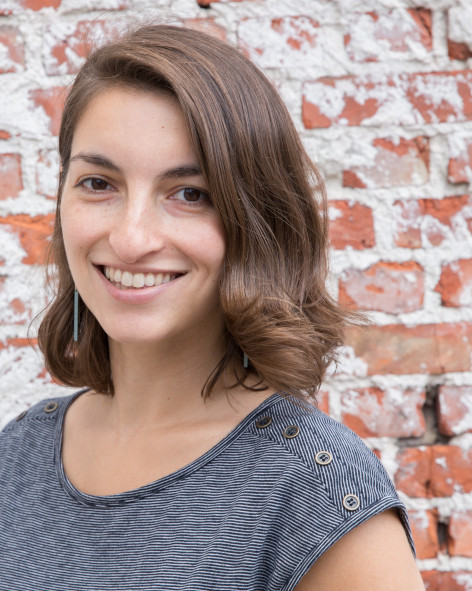
Dr. Olivia Kirtley is an Assistant Research Professor at the Center for Contextual Psychiatry, KU Leuven. Her research uses ESM to investigate dynamic processes involved in suicidal thoughts and behaviours among young adults, with a focus on social processes, future thinking, and exposure to suicidal behaviour. As well as research on suicide and self-harm, she also co-leads the CCP research line on ESM methodology, statistics, and meta-science, where she is working to increase transparency and reproducibility in clinical psychology and ESM research, including by co-designing the pre-registration template for experience sampling studies and leading the Experience Sampling Method Item Repository (esmitemrepository.com). Olivia is also an Open Science Advisor and Consulting Editor for Clinical Psychological Science, Associate Editor for Archives of Suicide Research, and an editorial board member for the journals Crisis and Infant and Child Development.
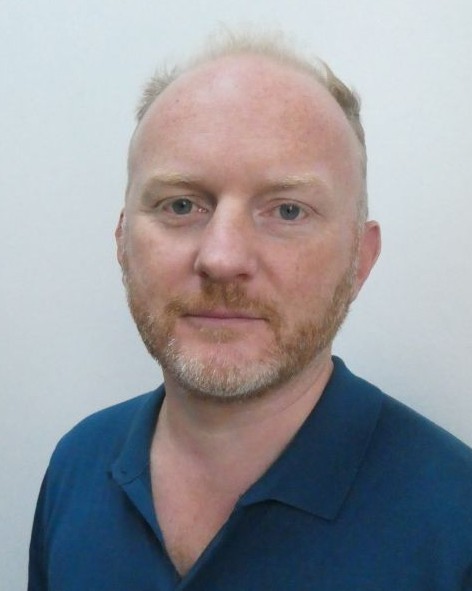
Peter Kuppens is Professor of Psychology at KU Leuven-University of Leuven in Belgium. His research focuses on studying the nature, regulation, and dynamics of emotional experience in daily life and how this relates to psychological well-being and mood disorder. He is a fellow of the Association for Psychological Science and the Society for Personality and Social Psychology.
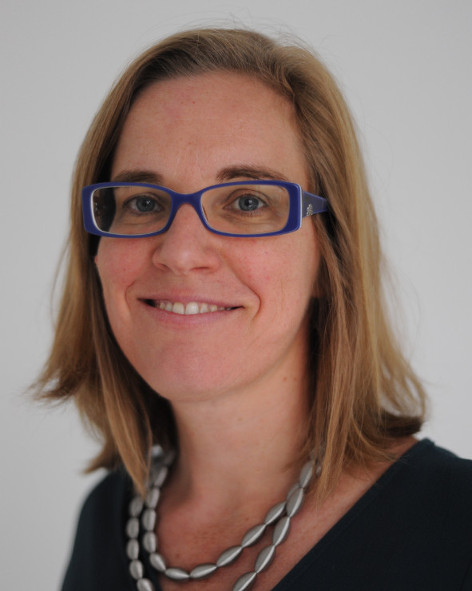
Inez Myin-Germeys is psychologist by training and Professor of Contextual Psychiatry at the Center for Contextual Psychiatry in KU Leuven. Since the start of her PhD in 1996, Inez has been working with the Experience Sampling Method. She started with using ESM mainly for improving our understanding of the phenomenology and psychological processes associated with psychosis. Now, the CCP is working on different aspects of ESM, such as improving the methodology and statistics of ESM, investigating psychological processes related to psychopathology, the clinical implementation of ESM and the development of new Ecological Momentary Interventions. She has published over 350 papers, amongst them several influential papers on the Experience Sampling Methodology.
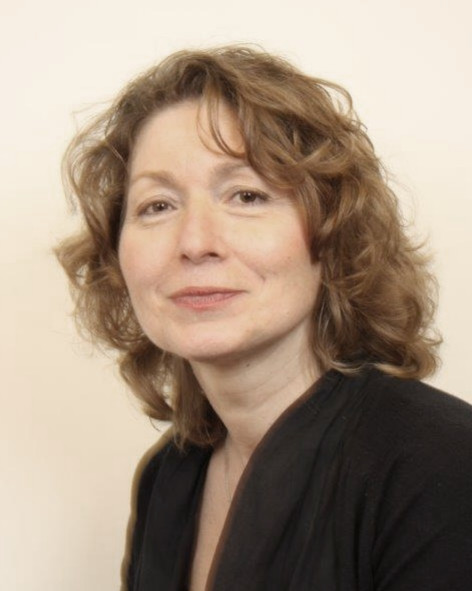
Harriëtte Riese is appointed as Associate Professor at the department of psychiatry at the Universitair Medisch Centrum Groningen. As the director of iLab, she facilitates a wide range of clinical research and is currently most challenged by implementing ESM in mental healthcare. She initiated a randomized controlled trail on the added value of ESM to care‐as‐usual in patients diagnosed with depression. She co-initiated the PETRA project to facilitate the development of personalized ESM and feedback in regular treatment sessions (PErsonalized Treatment Real‐time Assessment).
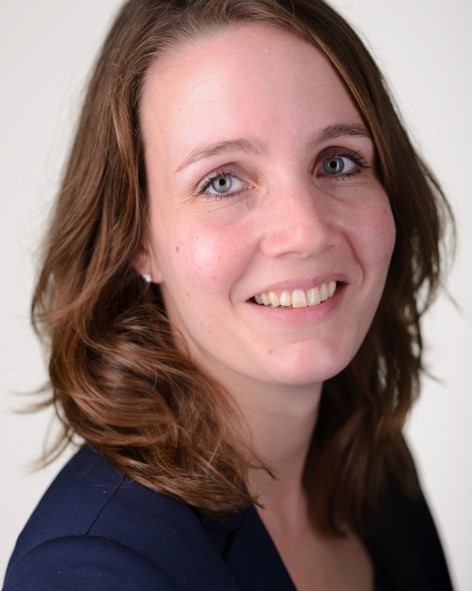
Dr. Eeske van Roekel is Assistant Professor at the department of Developmental Psychology at Tilburg University. She received her PhD in 2014 from the Radboud University Nijmegen, where she examined loneliness in the daily lives of adolescents. Her current research can be summarized in three related research lines: (1) emotional reactivity and emotion regulation (e.g., how do people respond to daily life experiences and how do they regulate their emotional responses), (2) improving Experience Sampling research (e.g., developing guidelines and best practices, improving measurement), and (3) personalized Experience Sampling interventions to improve mental health and well-being. In her research she focuses on what can go wrong (e.g., relations with internalizing problems) but also on how people can thrive (i.e., positive emotions, positive emotion regulation).
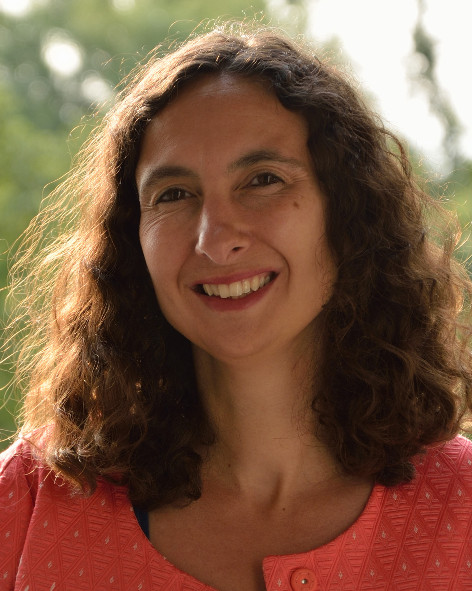
Claudia Simons is a Senior Researcher at GGzE and is affiliated with the Department of Psychiatry & Neuropsychology, School of Mental Health and Neuroscience, Maastricht University. Her ESM research focuses on trans-diagnostic processes that play a role in the development and course of psychotic and depressive symptoms and factors that promote mental resilience. She is also investigating the translation to ESM as an eHealth tool for diagnosis and treatment and its clinical implementation within mental health care.
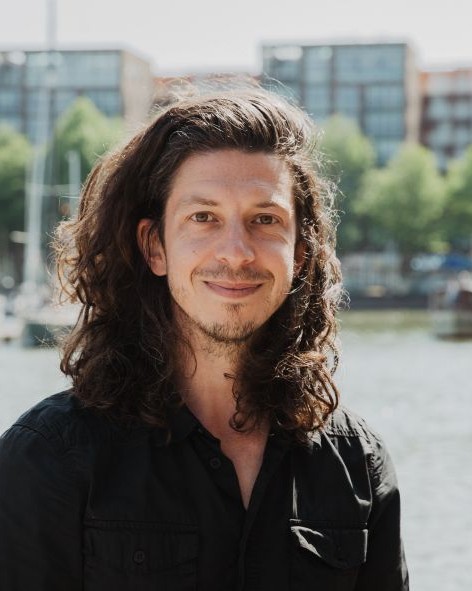
Thomas Vaessen is Assistant Professor at the Department of Psychology, Health & Technology at the University of Twente, and a Senior Research Fellow at the Center for Contextual Psychiatry at KU Leuven University. His research focuses on the role of daily-life stress in the development of psychopathology. Specifically, he investigates how individuals cope with stressors in the context of daily life, how this influences the process of stress recovery, and what these dynamics mean for the development of mental illness. In addition, he investigates the feasibility, efficacy, and working mechanisms of early interventions focused on stress coping behaviors in individuals at increased vulnerability of developing mental illness. He uses ESM and passive sensing methods in his research and combines observational and experimental methodology.
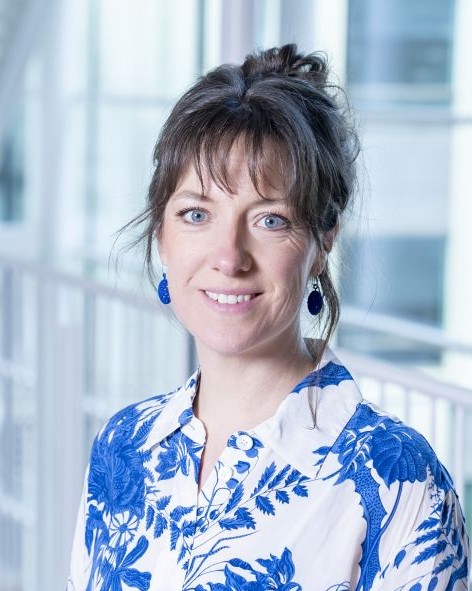
Professor Janna N. Vrijsen works at Radboud University Medical Center department of Psychiatry as well as at Pro Persona’s Depression Expertise Center. With her background in behavioral science and working in specialized mental healthcare, Janna commits to understanding how ostensibly small differences between and within individuals can impact upon mental health. Her translational research focuses on cognitive and physical training for mentally vulnerable individuals, of which the NWO VIDI funded ‘Work-It-Out’ project is examplar. Flanking her EMA/ESM work, her FitMind group implements multiple methods to study causation and mechanisms (experiments, biomarkers) and clinical outcomes (longitudinal, randomized controlled trials). With Professor Rogier Kievit, she is the founder and director of REMAC: Radboud Ecological Momentary Assessment Center.